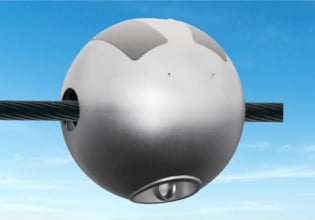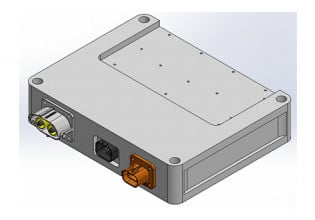ANSI EESCC Seeks Participants to Help Develop Energy-Efficiency Standardization Roadmap
The American National Standards Institute (ANSI) has launched the Energy Efficiency Standardization Coordination Collaborative (EESCC), which will assess the energy efficiency landscape and carry out the development of a standardization roadmap and compendium, identifying gaps in existing standards, codes and conformance programs, and working to support the adoption and implementation of new standards, codes, and conformance activities that will advance energy efficiency.
With its potential to fuel job creation, bolster energy independence, and fuel the U.S. economy, energy efficiency has been attracting a lot of well-deserved attention in recent years. However, realizing its full promise will require a comprehensive national approach, as well as effective, strategic cooperation between the public and private sectors. ANSI encourages experts on energy efficiency-related issues and members of the greater standardization community to join the EESCC. Broad and varied participation is essential to ensuring that important decisions on the future of energy efficiency are made through consensus and collaboration.
The EESCC will hold its inaugural plenary meeting on January 22-23, 2013, at the Sheraton Pentagon City Hotel in Arlington, Virginia. Participation in the January plenary is free for all EESCC members. Register here for the plenary. A block of rooms at the Sheraton is available for Monday, January 21, and Tuesday, January 22, 2013 at a discounted rate of $209 per night, plus tax, for guests who make reservations by Saturday, December 22, 2012; hotel reservations can be made via the EESCC group webpage.
The EESCC has also begun holding regular web meetings of its five Working Groups (WGs), which were created under the leadership of co-chairs from the public and private sectors to oversee areas of particular focus: WG 1: Building energy and water assessment standards (including diagnostic test procedures and health and safety testing); WG 2: Systems integration and communications (encompassing communications between building automation/operation systems, equipment, and the electric grid); WG 3: Building energy modeling, rating, and labeling (including whole building modeling from design to construction and rating and labeling for energy performance); WG 4: Evaluation, measurement, and verification (encompassing EM&V; energy performance metrics; and standardized and portable data collection and reporting); WG 5: Workforce credentialing (including standards for workforce training and certification programs, and workforce skills standards).
Prospective EESCC members may also participate in the EESCC's initial WG web meetings in order to ascertain the benefits of participation in the collaborative.






